Preliminary Ruling – CRA’s Coinsquare Court Order
The CRA brought an application by the Federal Court against Coinsquare on 18 September 2020 to persuade the Toronto crypto-currency site to provide its customers with the tax details.
The Canadian tax litigation counsel for CRA and Coinsquare agreed on the disclosure terms after the Federal Court’s decision on 19 March 2021. Coinsquare is a cryptocurrency trading platform based in Canada that was founded in 2014. It facilitates the use of both virtual currencies and fiat currency to exchange cryptocurrency.
This paper would discuss the decision and then the significance of this for Canadian taxpayers with crypto-monetary holdings.
Amendment No Divulgation Application by the CRA
The appeal for disclosure found in the court order of 19 March 2021 may be a consequence of the settlement of the CRA with Coinsquare, which had a broader nature than was stated initially by Canadian tax litigation attorneys.
Initially, the CRA submitted Coinsquare, an application for disclosing all data on all CRAs from 2013. The CRA has asked Coinsquare to share details on the following consumers in its recent application accepted by the Federal Court:
First of all, on the preceding eight days, CRA asked customers with Coinsquare accounts valued at or above Canadian $20,000:
- 31 December 2014,
- 31 December 2015,
- 31 December 2016,
- 31 December 2017,
- 31 December 2018,
- 31 December 2019
- 31 December 2020
In other words, CRA asked consumers of accounts priced at over 20,000 Canadian dollars per year between 2014 and 2020 for their details at the end of each year. Secondly, after CRA opened its account with Coinsquare, the CRA demanded customer details with a combined deposit of more than $ 20,000 Canadian. Lastly, between 2014 and 2020, CRA required the 16,500 most significant accounts by trade volume. The amount of trading here is represented as the number and number of coins exchanged. The details that CRA sought to oblige Coinsquare to have concerning such cryptocurrency clients are:
a list of their accounts;
a detailed listing of all withdrawals and deposits for those accounts;
a detailed list of all trade operations;
a list of deposit addresses, and
all other data that Coinsquare could provide on these clients.
The Court Order
The Federal Court granted the CRA’s disclosure appeal in a temporary court order. Even though the CRA could not mention any identities in its disclosure appeal, the Federal Court found the request fair as it was brought against a verifiable category of anonymous taxpayers. Moreover, the CRA’s appeal was made to check their taxation compliance.
Coinsquare Case
The new deal between CRA and Coinsquare was most likely affected by the results of the 2017 IRS-Coinbase case in the United States. After the IRS made a much broader initial disclosure request, the US Court limited the IRS’s ability to force disclosure to buyers dealing over a certain amount, i.e., USD 20,000 within a specific timeframe.
In this case, the CRA’s revised disclosure proposal made three separate references to a CAD 20,000 cap to ensure that as many taxpayers as practicable are exposed to them while still adhering to the provision of providing a provable ground.
Consequently, CRA added new requirements for Coinsquare to reveal the 16,500 customers with the most considerable trading rate. This latest disclosure order supports the decision in Canada v. PayPal Canada Co. and Canada v. Roofmart Ontario Inc. that the CRA can require third-party disclosure of information against a class of unidentified taxpayers even though the sample sizes are substantial. CRA wants to demonstrate that the party can be identified and that the proposal was submitted to perform audits.
What This Implies for Cryptocurrency Owners in Canada
The CRA’s transparency order against Coinsquare is part of a global pattern of tax authorities forcing cryptocurrency exchange sites to reveal customer details.
Although we cannot be positive, the information gathered by CRA is expected to be exchanged with other nations through international tax compliance networks. This includes the Joint Chiefs of Global Tax Enforcement among Canada, Australia, the Netherlands, the United Kingdom, and the United States.
Under these tax collection arrangements, information from overseas cryptocurrency trading sites can still be coerced under similar terms and exchanged with the CRA. They will be used to investigate Canadian citizens who use cryptocurrency on international exchange platforms.
How Submitting a Voluntary Disclosure Application is Beneficial
Whether you are a Canadian taxpayer with future digital currency non-compliance problems, accept the disclosure scheme before future CRA tax investigations.
Following are some primary eligibility requirements for the CRA’s voluntary disclosure program (VDP):
- Voluntary: the CRA must have no foreknowledge about the taxpayer’s unpaid taxes.
- Complete: the applicant must report all tax years in which his or her reports were incorrect.
- Payment Owing: The taxpayer must repay tax to the CRA as a result of incorrect filings.
- One Year Past Due: The applicant may only report records for tax years at a minimum of one year past their reporting deadline.
If the general qualifying requirements are met, the Canadian applicant must show beneficial evidence about the four conditions mentioned below to benefit from the general flow of the CRA’s voluntary disclosure program’s penalty relief and interest relief.
Here are the factors:
- Any attempts to evade detection
- The monetary quantities involved
- The period of non-compliance
- The taxpayer’s money level of sophistication
Effective disclosure made by the specific stream scheme will result in liability reductions on all future fines as well as limited interest relief. The reduction in penalty may be significant. If unreported revenue is found by tax audit, CRA may and sometimes impose a gross negligence liability of 50% and a late filing of fines. In addition to the tax and penalty rates, interest is paid.
